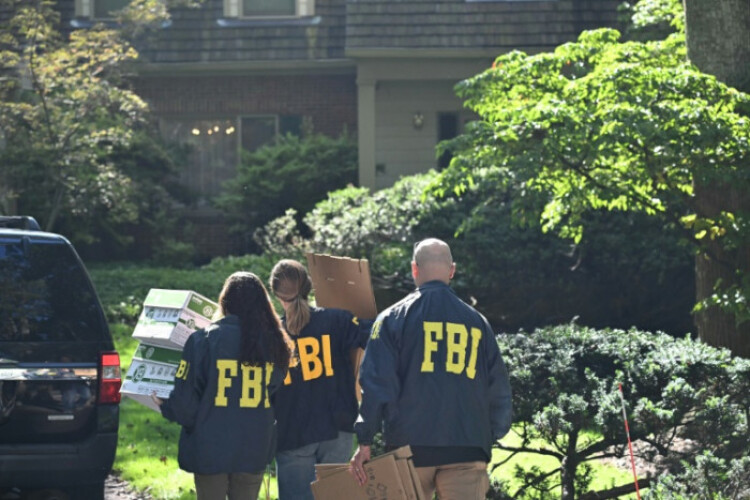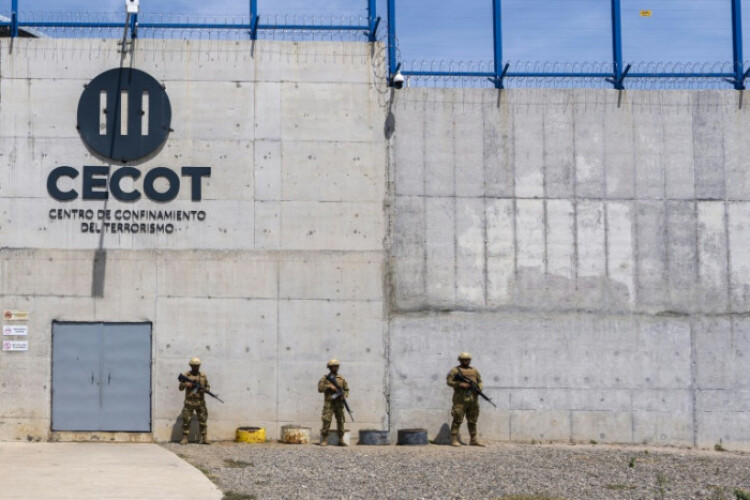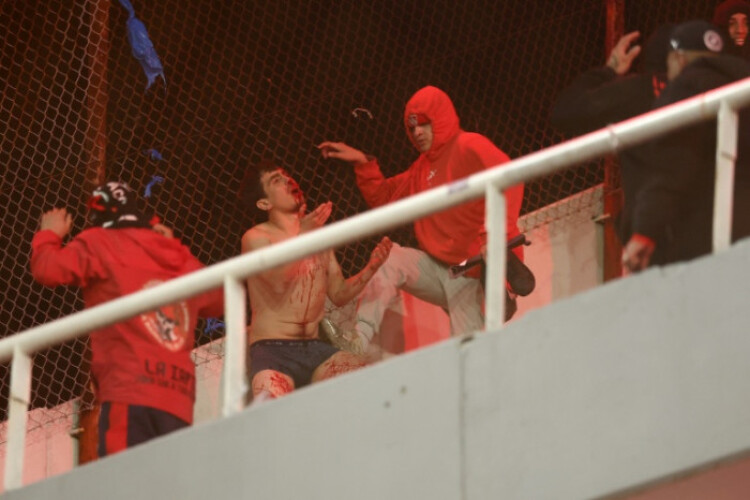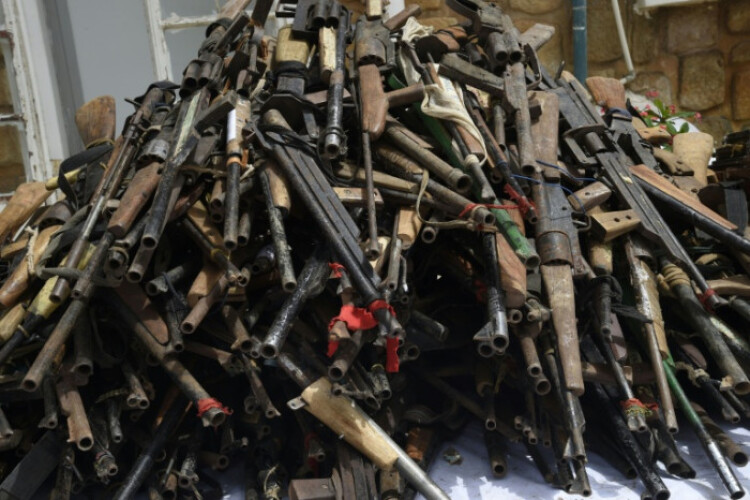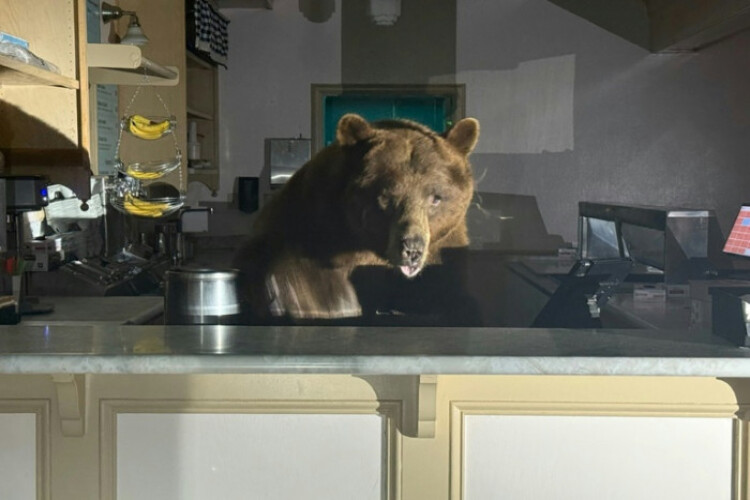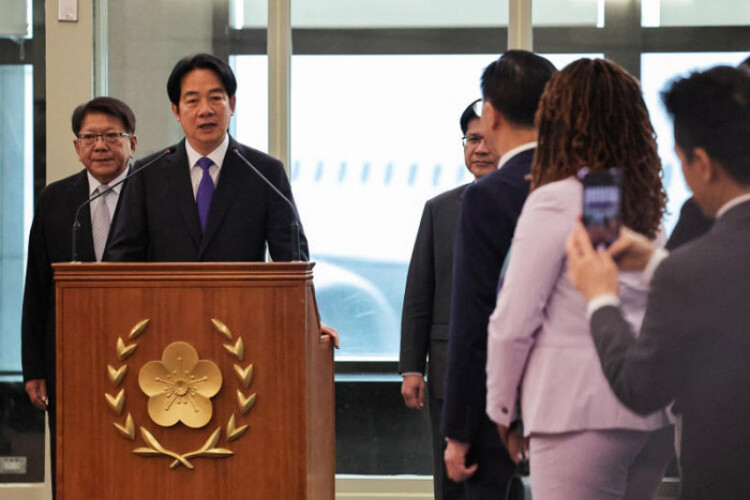
Taiwanese President Lai Ching-te began a US stopover in Hawaii on Saturday as part of a Pacific tour after declaring his democratically governed island a key force for promoting global peace and stability.
China, which views Taiwan as its own territory and opposes any foreign interactions or visits by the island's leaders, has been stepping up military pressure against Taiwan, including two rounds of war games this year.
China views Lai as a dangerous separatist and on Friday urged Washington to exercise "utmost caution" in its relations with Taiwan.
Security sources have told Reuters that Beijing may hold more military exercises to coincide with Lai's Pacific tour, which includes stopovers both in Hawaii and Guam, a US territory. It is Lai's first foreign trip since taking office in May.
He is stopping in Hawaii for the first two nights before going to the Marshall Islands, Tuvalu and Palau, three of the 12 countries that retain formal diplomatic ties with Taipei and a part of the world where China has been exerting stronger influence.
Speaking to reporters before departure, Lai said: "Thank you to the U.S. government for upholding the principles of safety, dignity, comfort and convenience for helping the smooth process of this trip."
Taiwan's official Central News Agency said he was greeted at Honolulu's airport by Hawaii Governor Josh Green and Ingrid Larson, Washington office managing director of the American Institute in Taiwan, the body which serves as the unofficial US embassy in Taiwan.
The news agency said the welcome exceeded past visits, with the mayor of Honolulu and the city's police chief also greeting Lai as he stepped off his plane.
"President Lai's transit was the first time that he was received at the airport, and a red carpet was rolled and flowers were presented, which was the highest level of courtesy ever, different from the past mode of entry into the terminal; and the level of the reception also exceeded previous norms," CNA said.
Asked about this, a spokesperson for the US State Department said: "The transit is private and unofficial and squarely within precedent."
'BEGINNING OF NEW ERA'
Taiwan presidents often make use of what are officially only stopovers in the United States to meet friendly US politicians and give speeches. Such stopovers are typically on visits to far-flung allies in the Pacific, Latin America or the Caribbean.
"This trip is the beginning of a new era of value-based diplomacy," Lai said. "Democracy, prosperity, and peace are the expectations of the people of Taiwan, and they are also the values that I, as president, must actively promote."
He said he would "continue to expand cooperation and deepen our partnership with our allies and friends based on the values of democracy, peace, and prosperity, so that the world can see that Taiwan is not only a model of democracy, but also a key force in promoting global peace, stability, and prosperity."
Hawaii and Guam are home to major US military bases.
A few hours before Lai's departure, the United States announced a new arms sale package for Taiwan, of spare parts for F-16 jets and radars for an estimated $385 million.
While it has only unofficial relations with Taiwan and follows a "one-China" policy under which it recognises Beijing diplomatically, the U.S. government is obliged by law to supply the island with the means to defend itself.
The State Department said it saw no justification for what it called a private, routine and unofficial transit by Lai to be used by China as a pretext for provocation.
Taiwan's government rejects Beijing's sovereignty claims and says it has a right to engage with the world and for its leaders to travel abroad.
China, which views Taiwan as its own territory and opposes any foreign interactions or visits by the island's leaders, has been stepping up military pressure against Taiwan, including two rounds of war games this year.
China views Lai as a dangerous separatist and on Friday urged Washington to exercise "utmost caution" in its relations with Taiwan.
Security sources have told Reuters that Beijing may hold more military exercises to coincide with Lai's Pacific tour, which includes stopovers both in Hawaii and Guam, a US territory. It is Lai's first foreign trip since taking office in May.
He is stopping in Hawaii for the first two nights before going to the Marshall Islands, Tuvalu and Palau, three of the 12 countries that retain formal diplomatic ties with Taipei and a part of the world where China has been exerting stronger influence.
Speaking to reporters before departure, Lai said: "Thank you to the U.S. government for upholding the principles of safety, dignity, comfort and convenience for helping the smooth process of this trip."
Taiwan's official Central News Agency said he was greeted at Honolulu's airport by Hawaii Governor Josh Green and Ingrid Larson, Washington office managing director of the American Institute in Taiwan, the body which serves as the unofficial US embassy in Taiwan.
The news agency said the welcome exceeded past visits, with the mayor of Honolulu and the city's police chief also greeting Lai as he stepped off his plane.
"President Lai's transit was the first time that he was received at the airport, and a red carpet was rolled and flowers were presented, which was the highest level of courtesy ever, different from the past mode of entry into the terminal; and the level of the reception also exceeded previous norms," CNA said.
Asked about this, a spokesperson for the US State Department said: "The transit is private and unofficial and squarely within precedent."
'BEGINNING OF NEW ERA'
Taiwan presidents often make use of what are officially only stopovers in the United States to meet friendly US politicians and give speeches. Such stopovers are typically on visits to far-flung allies in the Pacific, Latin America or the Caribbean.
"This trip is the beginning of a new era of value-based diplomacy," Lai said. "Democracy, prosperity, and peace are the expectations of the people of Taiwan, and they are also the values that I, as president, must actively promote."
He said he would "continue to expand cooperation and deepen our partnership with our allies and friends based on the values of democracy, peace, and prosperity, so that the world can see that Taiwan is not only a model of democracy, but also a key force in promoting global peace, stability, and prosperity."
Hawaii and Guam are home to major US military bases.
A few hours before Lai's departure, the United States announced a new arms sale package for Taiwan, of spare parts for F-16 jets and radars for an estimated $385 million.
While it has only unofficial relations with Taiwan and follows a "one-China" policy under which it recognises Beijing diplomatically, the U.S. government is obliged by law to supply the island with the means to defend itself.
The State Department said it saw no justification for what it called a private, routine and unofficial transit by Lai to be used by China as a pretext for provocation.
Taiwan's government rejects Beijing's sovereignty claims and says it has a right to engage with the world and for its leaders to travel abroad.

